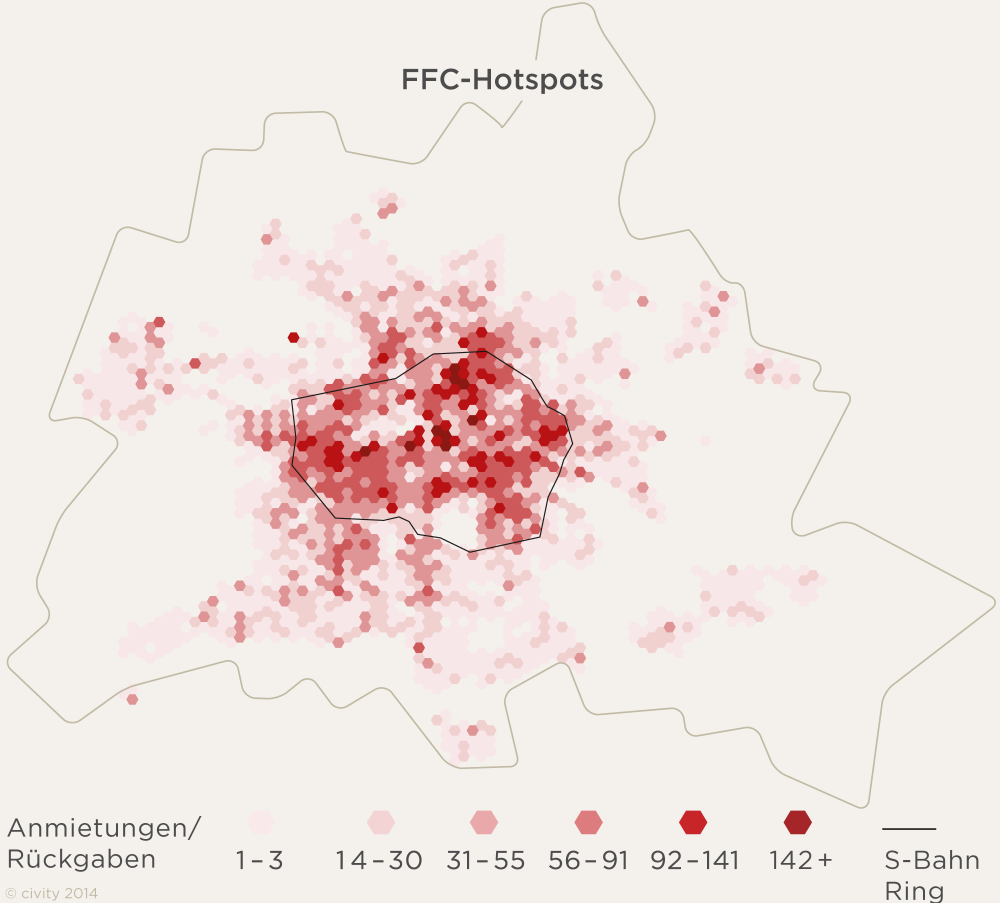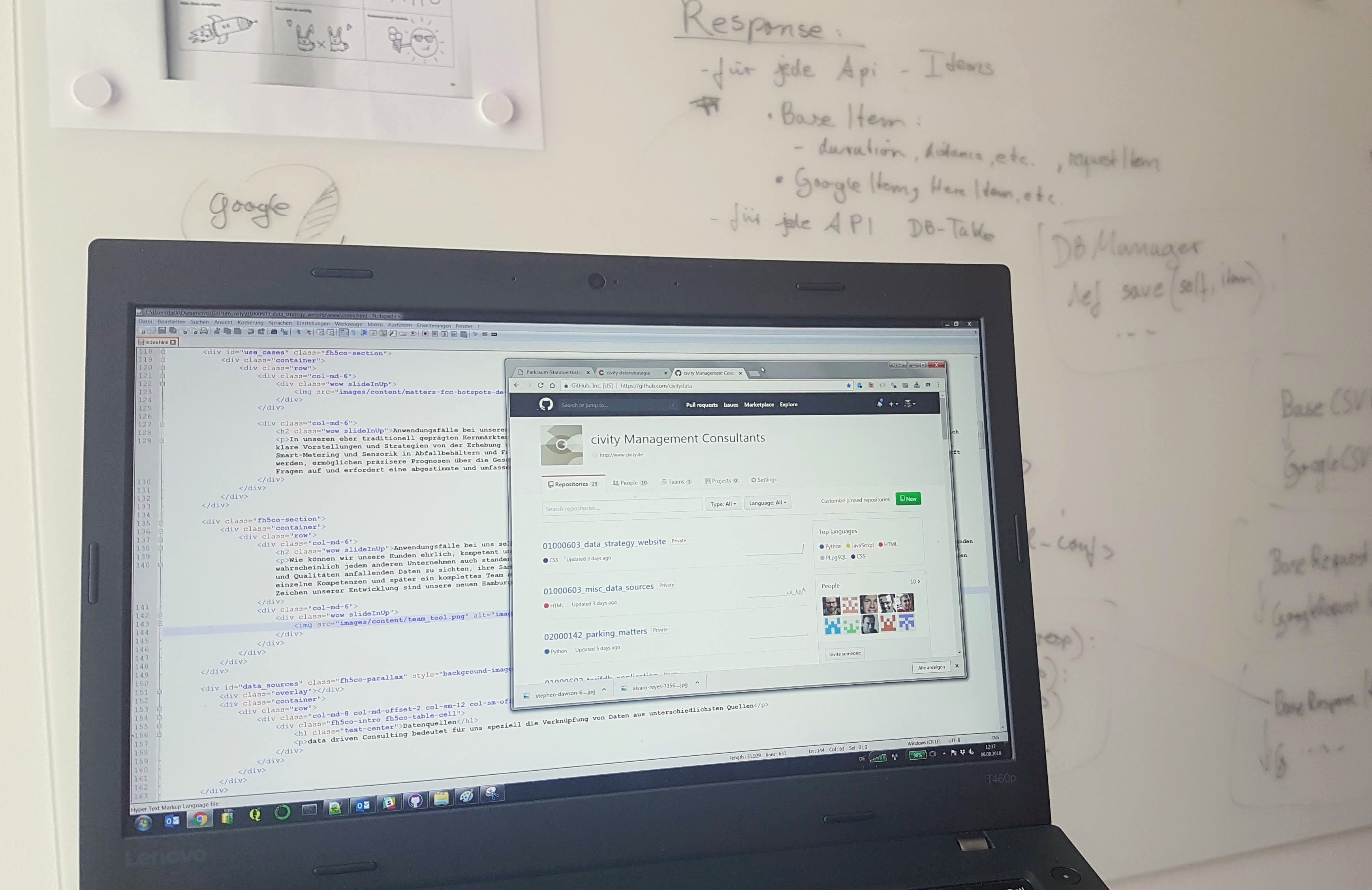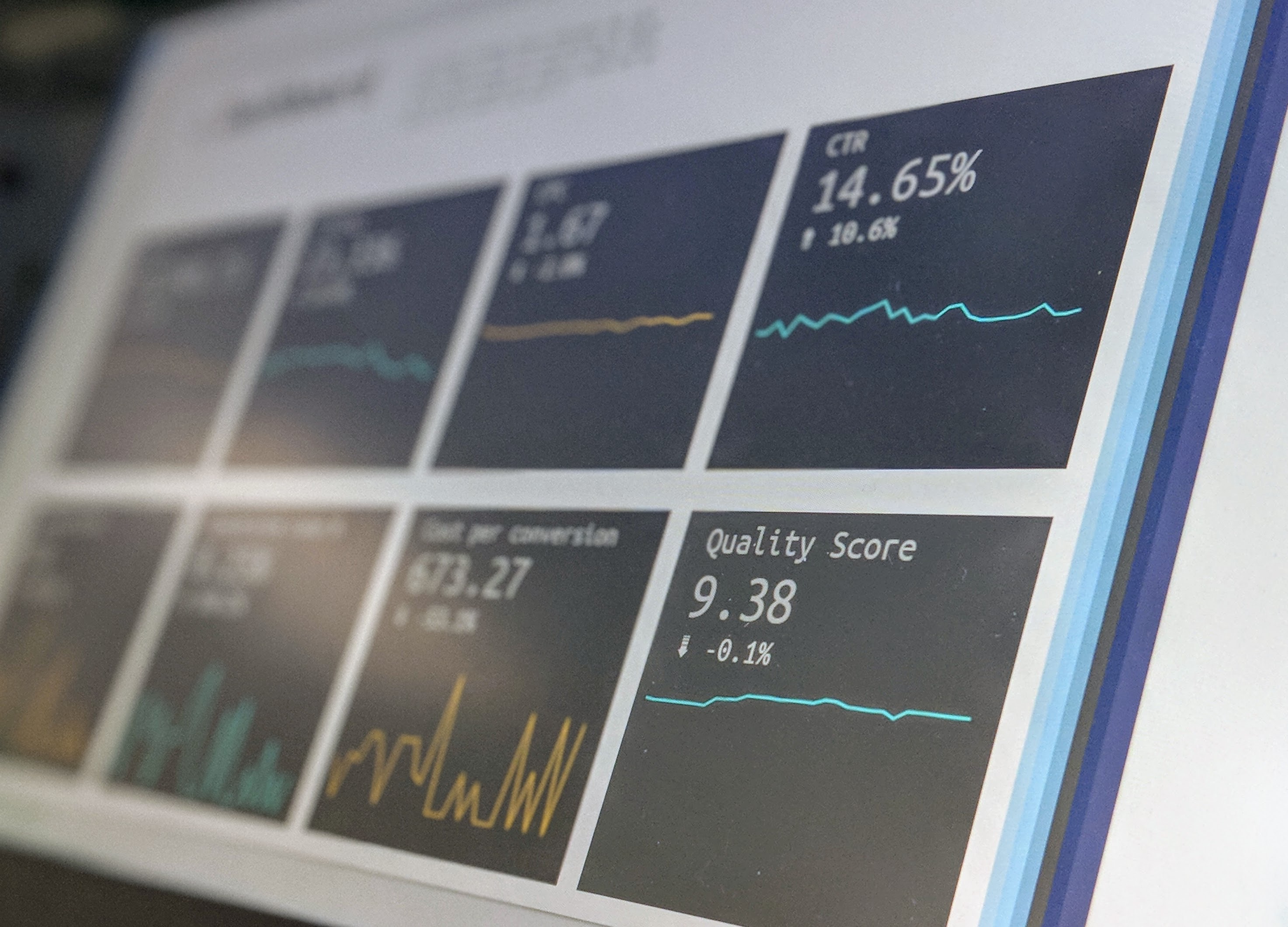civity data strategy
we have set out to become a data-driven consulting firm
this is our strategy
As management consultants, we aim to assist our clients. It has long been our strength not only to do this on the basis of gut feeling and experience, but also to base our work on data. For a long time, working with data was done conventionally with the possibilities that Microsoft Office offered with Excel, Access & Co. The increasing digitalization and the permanent and extensive availability of data of the past years are not only felt by our customers, but also by ourselves in our company. civity is also subject to processes of change, has in some areas become more specialised in terms of personnel and pursues a digitalization and data strategy which we would like to present here.
Use cases with our customers
In our more traditional core markets of mobility and utilities, our customers are faced with new players. For example, start-ups in the mobility sector have clear ideas and strategies for collecting and using the data generated by their business processes. In the utilities market, too, a large amount of data has recently become available via smart metering and sensor technology in waste containers and vehicles. This data can be used to optimize their processes, make more precise forecasts about business development and attract the interest of third parties who would like to acquire this data. All of this raises questions and requires a coordinated and comprehensive data strategy. civity supports its customers in the development and implementation of such processes.
European car sharing provider
Identification and evaluation of the market potential for tier-2 cities in Europe based on radio cell data; derivation of a market entry strategy including a scalable value proposition for individual markets
European automobile manufacturer
Identification and evaluation of mobility patterns of urban spaces worldwide; development of urban archetypes to identify opportunities and monitor regulatory trends
German major airport
Monitoring of the long-term parking pricing of nine competitors by means of scraping approaches and reverse engineering of the respective pricing strategy
German public transport company
Revenue distribution and demand analysis based on log files of the information systems; comparison with data from passenger counting systems
Application cases for ourselves
How can we advise our customers authentically, competently and responsibly if we do not develop a strategy for our own company ourselves? Some years ago, as in probably every other company, we were faced with the challenge of viewing the data that was generated at various points in different formats, timeframes and qualities, automating its collection and evaluation and creating internal added value from it. To this end, we first built up individual competencies and later a complete team, which also acts as an innovation driver within civity and introduces new data processes. One of the most visible signs of our development are our new offices in Hamburg, which promote these working methods and processes and inspire us as well as our customers.
Data sources
data driven consulting in our understanding especially takes a focus on linking of data from different sources.
The development of a comprehensive data strategy involves first of all, quite banally, reviewing all the data collected in a company, but at the same time also to acknowledging publicly available data records as well as creative and unconventional data collections using methods of automated data collection from the web and other sources. The most interesting insights can often be gained from linking data with each other. For this, however, the data must first be able to be linked.
As in probably every company that has existed for more than a few years, we were confronted with a multitude of different database systems, server-side, but also locally on employees' computers. Data stored in Excel and Access files as well as data in other formats. For us, a data strategy meant first and foremost consolidation to a smaller number of systems, the introduction of uniform database standards and process clarification of the use of data across projects.
Examples of data sources:
Enterprise databases
These include databases that are already running and accessible within the corporate network, in which customers, business and project data are stored.
Open data
Open data, be it from transport associations, weather services, statistical offices or remote sensing data, often offer suitable supplementary data for the generation of data products with company added value.
Hidden data
This includes hidden data that is not available company-wide, but is concealed on the computers or even the heads of employees. Often highly specialized, a good data strategy must also include this data.
Generated data
In many cases, the automated evaluation of websites (web scraping) can be used to generate a great deal of information about what is happening in different markets with a justifiable amount of effort.
Skills & Tools
What skills and tools do we need for data analysis?
As in many industries, generalists are becoming increasingly rare in the consulting sector, in an increasingly complex business world. The specialization also requires various competences in the field of data generation and analysis, which civity has meanwhile bundled and expanded into a data team. It is important to us not to focus on the technology used, but on the problem to be solved, and to be open to new approaches at all times and willing to experiment.
(Geo)data analysts
The generation, validation and management of data sets are the core competencies of data analysts even before management indicators and further insights can be generated from the data. They ensure that analyses are reproducible and transparently documented at all times. Due to the business areas mobility and utilities, competences in geoanalysis are relevant beyond the "usual" analytical skills. Around half of the data generated today has a direct or indirect geographical reference. Including this in the analysis from the outset represents a real added value for the meaningfulness of the results.
Developer
No software without developers. They take on a variety of tasks, create internal tools and know how to talk to their counterparts at project partners and customers on an equal footing. At the same time, they provide the technical prerequisites for their own servers and running survey tools and support the other team members with more complex programming tasks. Like the analysts, they bring their skills into data-driven projects at an early stage, thus ensuring the quality of the results.
Project Manager Data
As a rule, data projects are characterised by special features which are also reflected in their conception and control. Classical waterfall project management often reaches its limits here. In addition to methodological and technical knowledge, translation and interface functions are required in order to be able to communicate complex facts and data analysis requirements between developers, analysts, consultants and the customer. Project managers therefore combine classic project management with agile development methods.
Operationalisation
how we implement our data strategy
Transparency and documentation
In contrast to individual analyses in Excel & Co., larger data projects require the use of comprehensible and project-wide transparent methods as well as precise documentation of the process and analysis steps carried out.
Standards
In our view, the strategic use of data is closely linked to the introduction of binding standards. This is the only way that once a code has been created, it can be read, understood, corrected if necessary and reused in other projects by each team member.
Product definition
An important step from explorative analysis to operationalizing the use of data is product definition. This includes analyses, dashboards and reports that need to be updated regularly or continuously.
Version control
When working with data, identical calculation paths must be ensured at all times (ideally also retroactively). Collaborative software for version control was therefore introduced as the standard for processing.
The operationalization of a data strategy in an already successfully operating company requires competence, time and the courage to change. Because it is not only important to integrate new employees from disciplines not previously active in the company, but at the same time to demonstrate to existing employees the sense of a different way of dealing with data. A continuous and mutually respectful exchange between all parties involved is particularly important. Our company has followed this path continuously since 2014, has repeatedly challenged its strategy to reality and has now been able to implement it successfully.
Our Roadmap
our way to a data strategy
The civity data strategy has been developed and expanded over several years. We see it as a process, which is challenged again and again, takes over functioning elements and ways of working and adapts less well functioning elements if necessary. This enables us to generate extensive experience for ourselves and our customer projects. In this way, we have gained expertise in various areas of data analysis.
First approaches with freelancers
The role of analyst had been established in our staff for a long time already. However, the analysts were assigned to individual consultants and took on research tasks and additional work. We were quick to identify the changing requirements and initially brought individual data competencies into projects with freelancers, where data analysis was usually only a partial aspect.
Recruitment of the first analysts with data expertise
The work with freelancers revealed that the appropriate competencies were useful for our clients as well as for internal civity-related projects and created added value for all involved. As a result, the first employees were firmly integrated into the company as consultants and analysts. The first data-driven projects could then be acquired and processed.
Matters study on Shared Mobility
The accessibility of mobility data using automated data collection procedures (scraping) showed us new possibilities in the analysis of mobility service providers in the field of shared mobility. For the first time, larger data sets with several million data points were analyzed in depth. The result was the widely acclaimed study "Urban Mobility in Transition", which was published in 2014.
Establishment of a data team
In response to the continuing high demand for data-driven projects and in response to a changing and specialized consulting market, the decision was taken at the end of 2015 to set up a separate unit within civity with the aim of bundling, expanding and specializing analyst capacities. The team was formed with the hiring of the first developers and a senior analyst as well as the assignment of the previous analysts.
First major data projects
The formation of the team resulted in personnel resources which enabled the acquisition of more complex projects with primary data reference. Whereas data aspects had previously been handed over to analysts by consultants as partial modules, a different way of working was now being lived out in equally mixed teams from different disciplines. This led to new work constellations and the introduction of new methods and ways of thinking. In parallel, the first major data consolidation projects within civity were completed in mid-2017.
Winning ITS-DB Hackathon
A highlight of autumn 2017 was the participation of the data team in the ITS Hackathon Hamburg, where innovative solutions to improve public transport were sought. We decided on a geoanalytical and at the same time very trendy topic: the identification of railway lines potentially endangered by falling trees. The combination of different open data sources convinced the jury and the Data Team won its first hackathon.
Expansion of the Data Team to both offices
Since its foundation, civity has been represented in Hamburg and Berlin. At the beginning of 2018, the data team was enlarged to seven members and is now represented on both locations. Two sub-project managers responsible for data from the area of urban and traffic planning form the links between Consultancy and Analytics. Joint projects between data analysts and consultants have become the norm.
Winning DB-Challenge
"We write the year 2018 and travelers who need help to make the transition between trains are still dependent on fax machines and Excel to work!" With this sentence the Data Team could also score points in its 2nd public Challenge. As part of the DB-Challenge #bahnhofdigital, a team of civity-analysts took on the processes of transfer assistance for travellers. These aids, although more and more requested year after year following the demographic development, are still partly handled via error-prone paths. Using a design thinking approach, the team developed a technology demonstration for the railway mission and DB Station-&-Service in 2 days.
What's the next step?
With the Data Team, civity has built up a competent and highly efficient unit over the past few years, which now consists of about 1/5 of the company's employees. We have gained experience with projects for a wide variety of clients - from international airport operators to car sharing service providers and automotive companies. Perhaps we can also do something for you? Speak to us!





